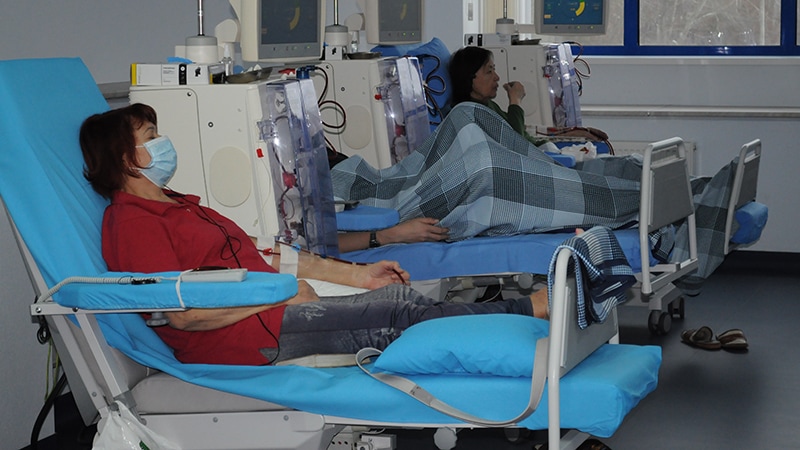
University of Minnesota researchers are finding that prior exposure to conflicting health information reduces receptivity to messages about widely-recommended health behaviors.
Today’s public information environment is characterized by conflicting information about a wide range of health topics, including nutrition, cancer screening, e-cigarettes, and most recently, COVID-19. Research has shown exposure to conflicting information can negatively affect public understanding and trust in health recommendations.
What is not known is whether such exposure might make people less receptive to other health messages, including those about widely recommended health behaviors for which there is little conflict, such as fruit and vegetable consumption and physical activity. The possibility of such “carryover effects” from exposure to conflicting information was recently tested by an interdisciplinary team of University of Minnesota researchers.
Published in the journal Annals of Behavioral Medicine, the U of M study involved a three-wave, online survey experiment with a representative sample of nearly 3,000 U.S. adults during the summer of 2020. Participants were randomly assigned to view a series of health news stories and social media posts about six different health topics including mammography screening and carbohydrate consumption. These stories and posts, which were shown to participants twice over a month-long period, differed only in whether they featured conflict over scientific evidence or guidance. At least one week after their second viewing, participants were asked to evaluate ads from several recent health campaigns about behaviors for which there is broad scientific consensus: Fruit and vegetable consumption, physical activity, and colorectal cancer screening.
Results showed that prior exposure to conflicting health information rendered people less receptive to messages about these widely recommended health behaviors.
Those who were previously exposed to conflict reported greater resistance to the health campaign ads, as well as lower perceptions of the health behaviors featured in those ads.
Statistical analysis indicated that carryover effects largely operated through people’s feelings of backlash toward health recommendations and research in general, which was elicited by their prior exposure to conflict.
“These results are worrisome, particularly given a COVID-19 information landscape that is increasingly fraught with seemingly conflicting science, as our team’s past research has shown,” said Rebekah Nagler, study lead and an associate professor in the Hubbard School of Journalism and Mass Communication, and a Masonic Cancer Center member. “Ultimately, people’s cumulative, routine exposure to conflicting information about COVID-19 and other health issues could threaten the success of media campaigns and other public health messaging strategies—strategies that we as a country invest in heavily year after year to prevent cancer and other chronic diseases.”
Nagler and her colleagues are now thinking about how to intervene and interrupt the carryover phenomenon and better communicate with the public about evolving science.
Citation: Prior exposure to conflicting health information reduces receptivity to recommended health behavior messages, study says (2021, September 23) retrieved 4 October 2021 from https://medicalxpress.com/news/2021-09-prior-exposure-conflicting-health-receptivity.html
This document is subject to copyright. Apart from any fair dealing for the purpose of private study or research, no part may be reproduced without the written permission. The content is provided for information purposes only.
Note: This article have been indexed to our site. We do not claim legitimacy, ownership or copyright of any of the content above. To see the article at original source Click Here













